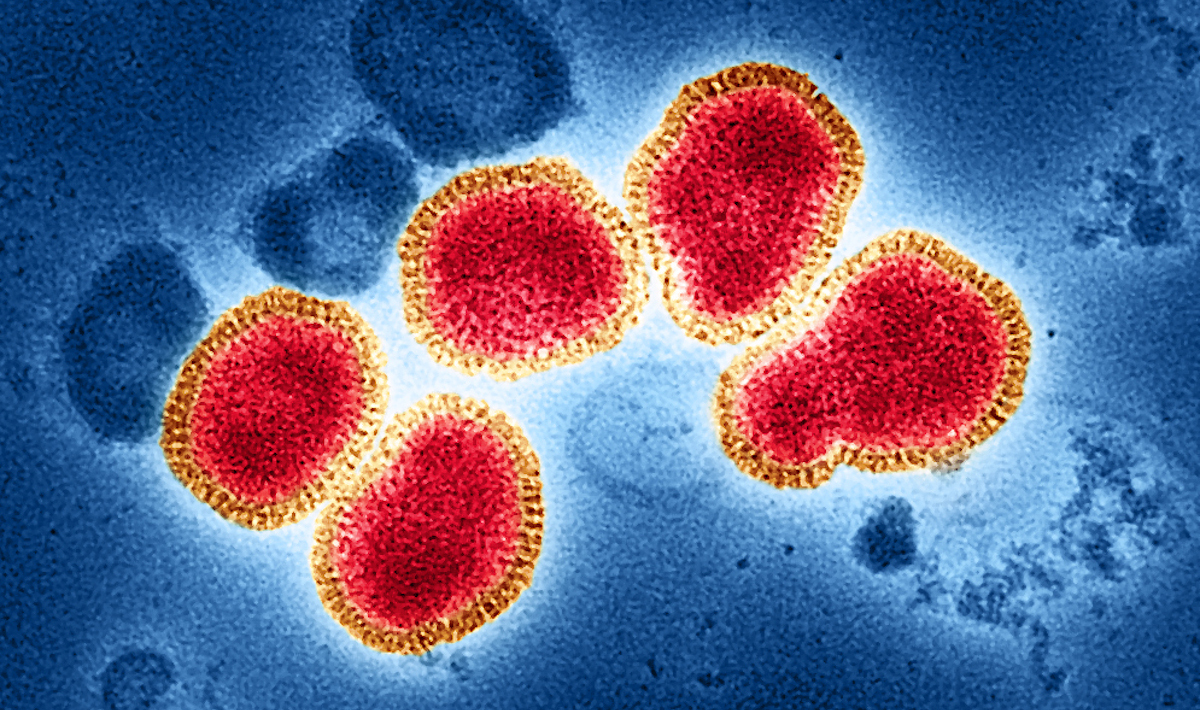As a virologist, I spend my days thinking about how to detect outbreaks of coronaviruses, mpox, West Nile and other pathogens early enough to stop them. Right now, I’m concerned about Canada’s awful flu season and the fact that we recently lost our measles-elimination status. But mostly, I’m terrified of what’s unfolding south of the border.
The consequences of the Trump administration’s cuts to the CDC and NIH will extend far beyond America. Those agencies form the backbone of North America’s infectious-disease surveillance. They track variants, monitor cross-border spread and feed data into global systems coordinated by the World Health Organization, helping everyone on Earth prepare. When those programs are dismantled, Canada loses key warning signs of influenza, RSV, measles and whatever diseases are coming next.
Comments closed
